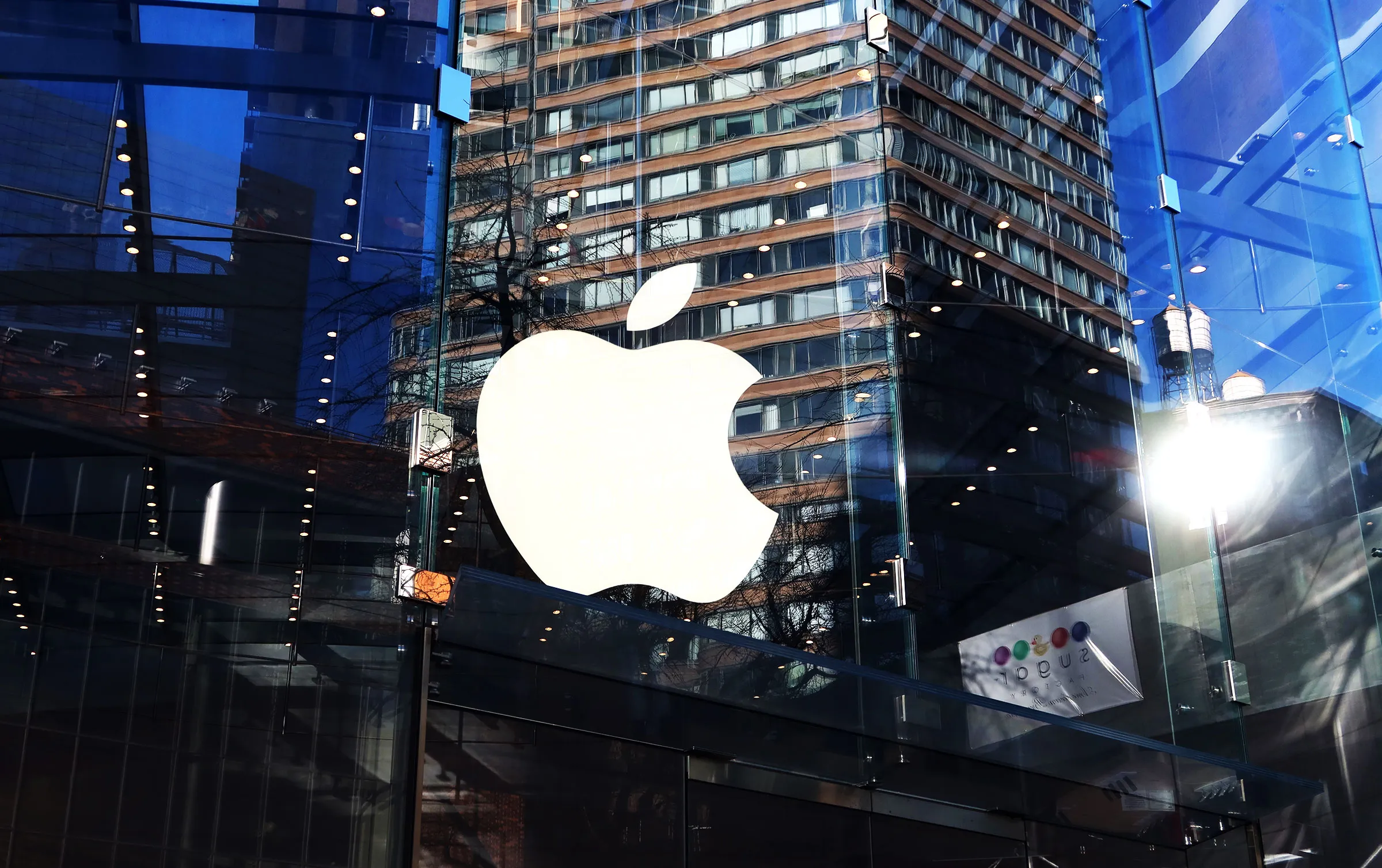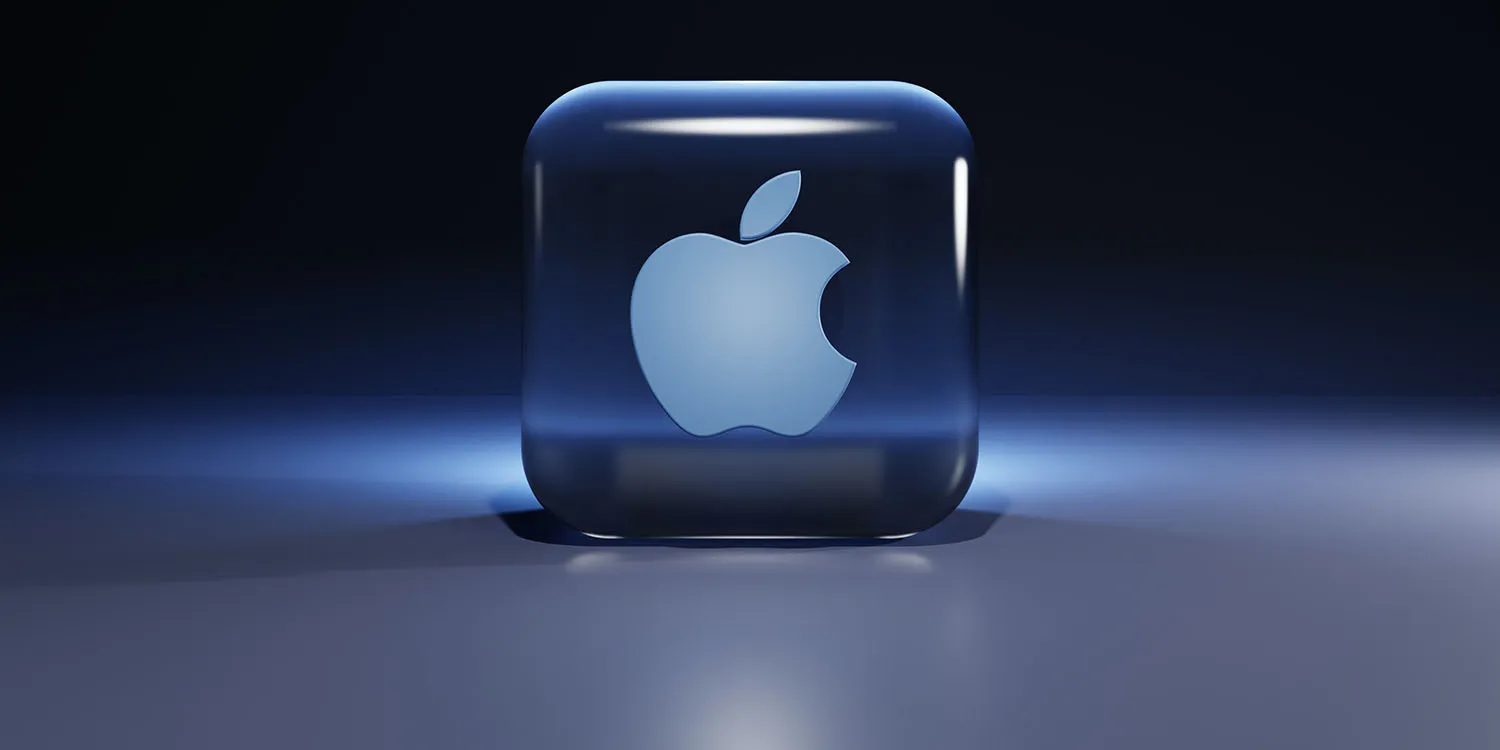The European Union is planning to enforce measures that require Apple to open its iPhone and iPad operating systems to competing technologies. This move is part of the EU’s new Digital Markets Act (DMA), which aims to curb the power of major tech companies like Apple by preventing them from maintaining closed ecosystems.
These rules could lead to hefty fines for companies that fail to comply with the regulations. The European Commission has begun two proceedings to determine the specific steps Apple must take to align with these new requirements.
The Digital Markets Act is designed to prevent “gatekeepers” in the tech industry from dominating digital markets by creating closed systems that are difficult for competitors to access. One of its key goals is to ensure that consumers can easily switch between platforms and services.
This includes requiring tech companies to make their systems interoperable with rivals, opening up opportunities for competing technologies to thrive. Apple, as one of the major players in the tech world, is under pressure to comply with these demands.

One of the European Commission’s proceedings will focus on how Apple’s operating system can work better with connected devices such as smartwatches and headphones. The goal is to ensure “effective interoperability” with devices from other manufacturers.
The second proceeding will examine how Apple handles requests from software developers to make their apps compatible with iOS and iPadOS in a transparent, timely, and fair manner. These steps are part of the EU’s broader efforts to make Apple’s systems more open and accessible to outside developers.
The process to determine Apple’s compliance will take up to six months, during which time the European Commission will send its findings to Apple. This is the first time the EU has initiated such proceedings under the DMA, which came into effect earlier this year.
Apple is already under investigation by the EU over its App Store rules for developers, and the new proceedings will further examine whether the company’s practices are in line with the DMA’s requirements.
In response, Apple stated that it has developed methods for apps in the European Union to request additional interoperability with its operating systems while emphasizing the importance of maintaining user protections.
Apple warned that compromising its established protections could endanger European consumers, but also expressed its willingness to cooperate with the European Commission throughout the process.







Leave a Reply